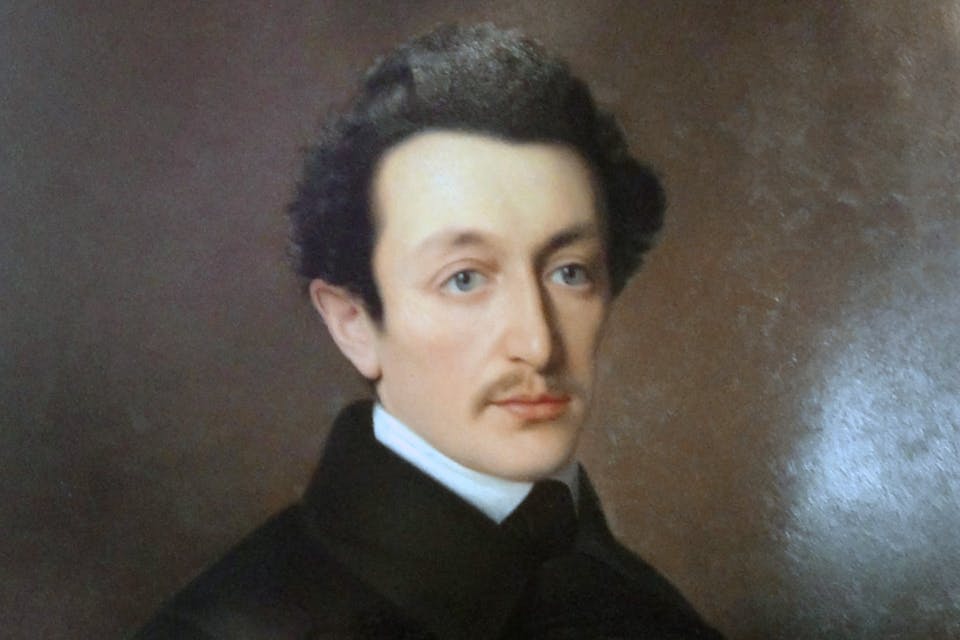
May 9, 2022
How a Founding Socialist Inspired Karl Marx, and Then Went on to Herald the State of Israel
What exactly did Moses Hess believe he was repenting from?
In 1862, Moses Hess, one of Europe’s most prominent socialist thinkers, declared that he had become a ba’al t’shuvah, a penitent. This was a surprising turn of events for Hess, who had for the most part ignored the Jewish people in his voluminous writings. Although he had previously written of the Hebrew Bible as a major achievement in mankind’s spiritual development, he saw it only as a steppingstone to the further advancements brought by Christianity, the philosophy of Benedict Spinoza, and the great minds of the German Enlightenment. Even after his decision to return in some sense to Judaism, Hess never embraced Jewish observance, or traditional theology. But he had undoubtedly undergone a spiritual transformation, and would from then on devote his energies—many years before the Russian-Jewish Lovers of Zion or Theodor Herzl—to advocating a revival of Jewish national life in the Land of Israel.
How is it that this thoroughly Europeanized Jew, whose writings influenced Karl Marx and Friedrich Engels, became the grandfather of modern Zionism, revered by such figures as David Ben-Gurion? What exactly did he believe he was repenting from? And why did he characterize a shift in his thinking in such deeply theological terms? To understand all this, it’s necessary to look at the world that shaped him, and his early thought.
The descendent of a rabbinic family, Moses Hess was born in Bonn in 1812, a dramatic moment in history. Along with the rest of the Rhineland—a collection of duchies, principalities, and free towns—Bonn had recently been conquered by the French Revolutionary army, which in one fell swoop had brought Liberty, Fraternity, and Equality to much of Germany. The new rulers abolished ancient feudal rights, introduced the civil code, separated church from state, and recognized all citizens, even Jews, as equal before the law.